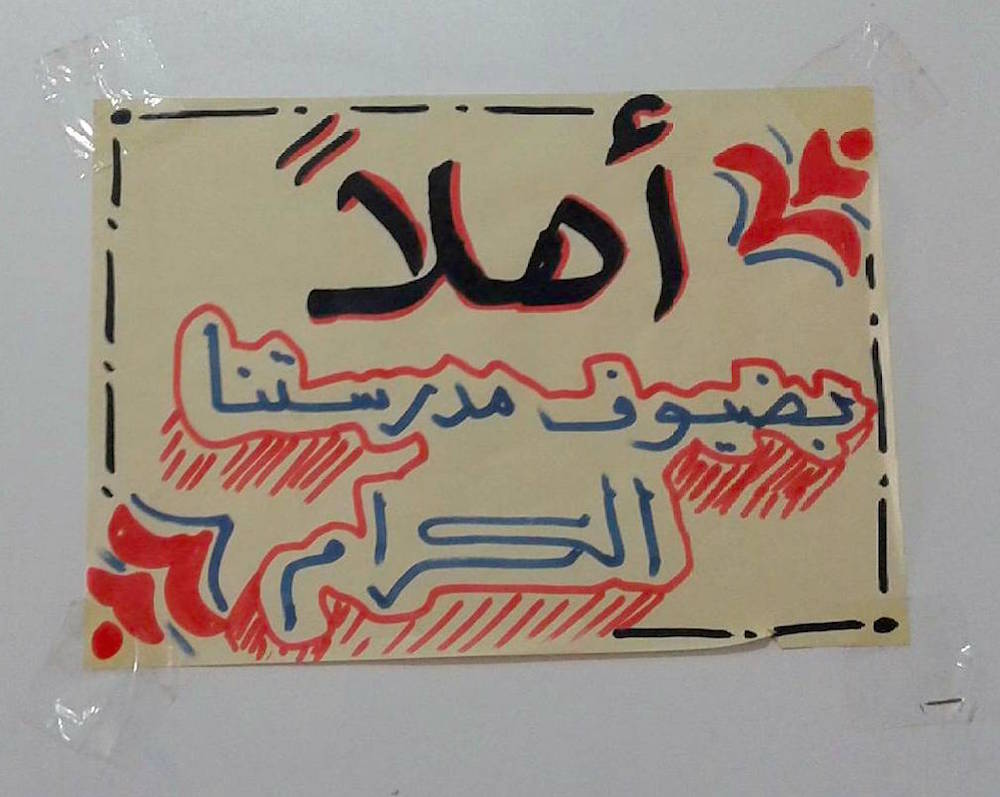
By Ebadur Rahman
This summer, I flew from Istanbul with two American Muslim friends to Hatay Province in Turkey, to observe a dental relief program for Syrian refugees displaced by the ongoing civil war. The relief initiative, known as Refugee Smiles, was the brainchild of Ali Heydary and Deah Barakat, a 23-year-old Syrian American and student at UNC School of Dentistry, who in February was shot and killed, “execution style,” in his Chapel Hill home, along with his wife and sister-in-law. Their killer, a confrontational neighbor named Craig Hicks, turned himself in the night of the murders; an atheist with anti-religious leanings, Hicks was also a self-professed libertarian and gun enthusiast. Since the killings, which are now being treated by federal prosecutors as hate crimes, more than a half million dollars has been raised in support of the Syrian dental relief work as well as the establishment of the Our Three Winners Trust, an endowment to support educational initiatives and other service projects.
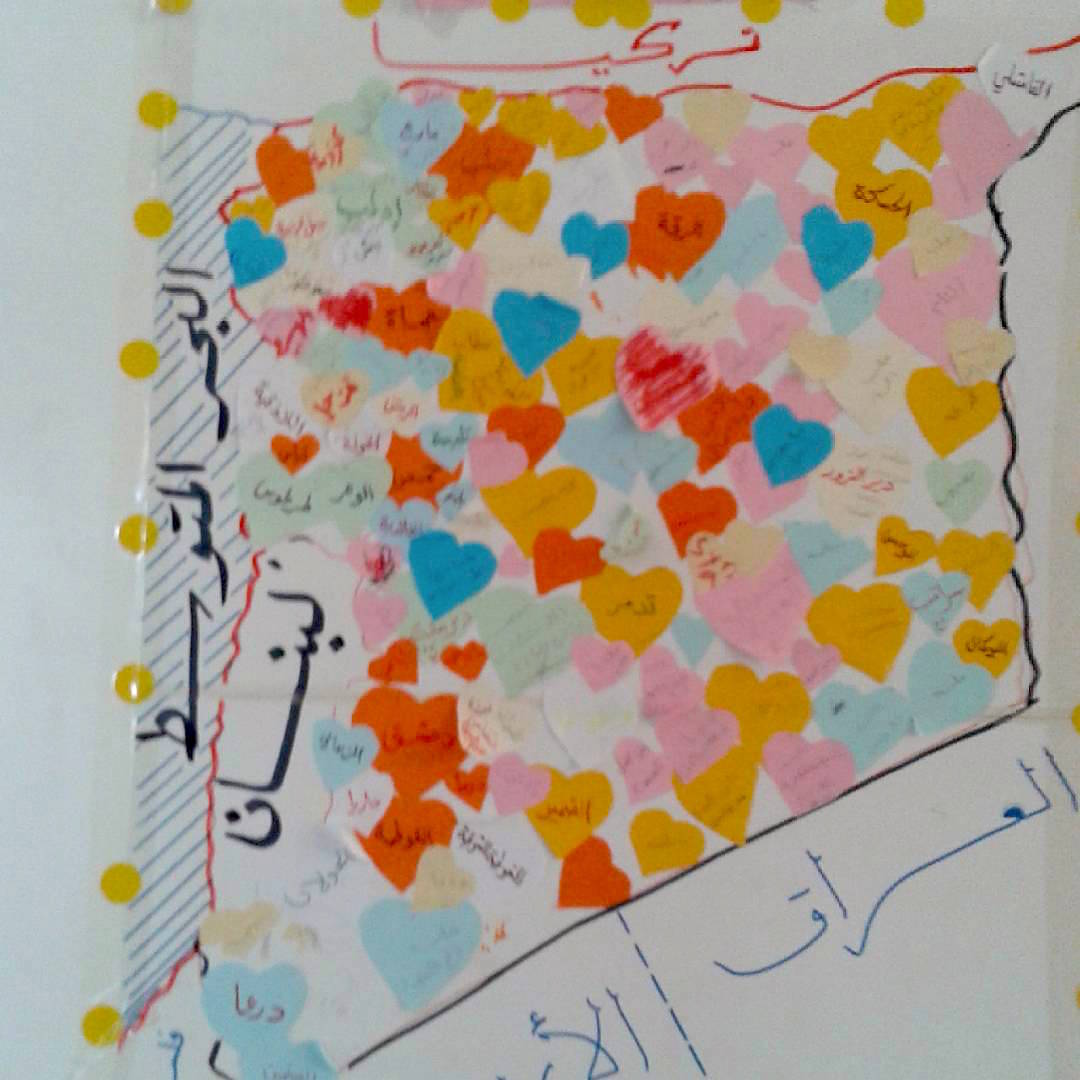
I had heard about the project in Konya, the city of the great mystic, Jalal al-Din Rumi, where I was attending an annual three-week program on Islam featuring prominent Western Muslim scholars. There, I happened to room with Farris Barakat, Deah’s older brother, who invited me to visit the clinic. My friend Nushmia Khan, who grew up in the Raleigh community with the Barakats, was traveling to Turkey to take pictures of the relief work for the family and I decided to accompany her and her husband on the trip.
Arriving in Antakya, Hatay’s capital, we drove to al-Salamat school where the recess area, usually filled with children at play, had been turned into a dental operating room. We met a remarkable group of mostly American volunteer doctors and dentists. Many were friends of the Barakats from Raleigh.
The images, shared tears, and weight of what I witnessed that weekend is difficult to forget.
One such dentist, Amber Mohammad, told heartbreaking stories about the levels of malnutrition she saw over the last few days, where children who appeared to be six or seven years old, actually turned out to be twelve or thirteen. I was told of a group of orphans whose fathers were killed when they went out for bread. The clinic treated one five-year-old girl who had two fingers shot off by pro-Asad soldiers.
The most powerful and oft-repeated story I heard from the volunteers recalled how in the previous day or two, a child was asked what toy he would choose from assorted balloons, cars, jump ropes, and the like. He asked for a gun. When asked why, he said that it was so that he could shoot those who had killed his parents.
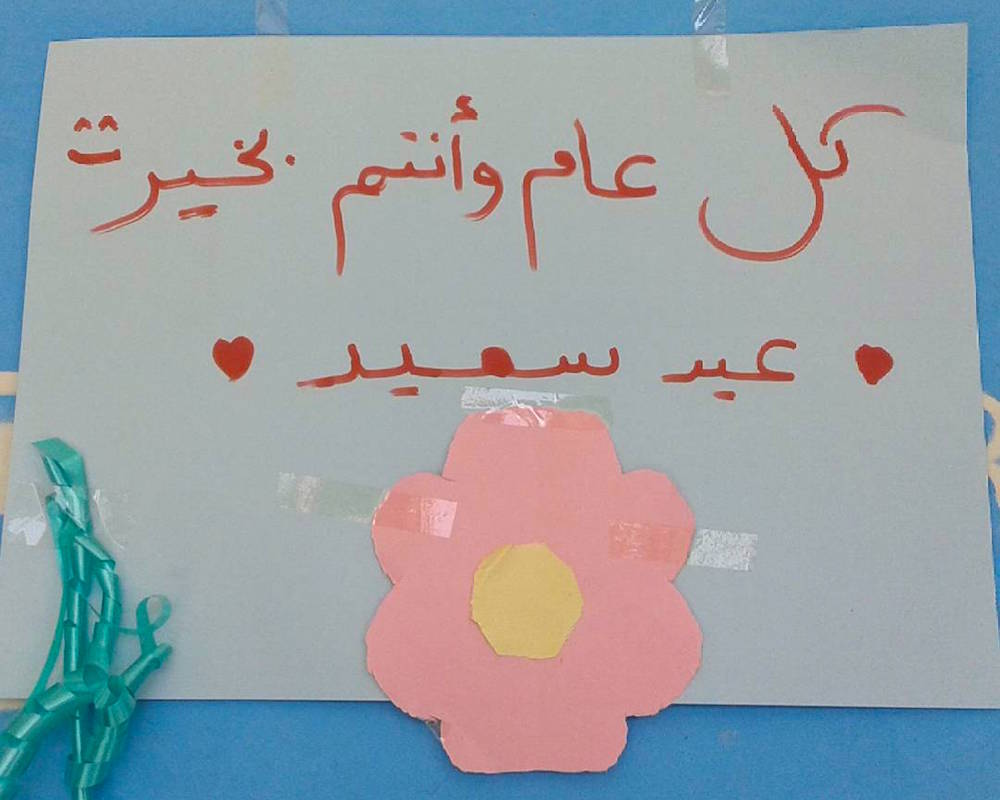
At the clinic, the Turkish I was learning abroad came in handy as the volunteers called on me to help translate and comfort a fearful five-year-old girl who had to have three teeth removed. The images, shared tears, and weight of what I witnessed that weekend is difficult to forget.
This visit to Hatay was not my first experience among Syrians. I grew up among a Bengali immigrant community in New York City’s East Village, in what is sometimes called Little India. My parents migrated from Bangladesh to the US in the 1980s, I was born in 1987, and following public schooling in the Lower East Side, I attended Stuyvesant High School, blocks from the World Trade Center. I was a sophomore on 9/11. After a family trip to Mecca and Medina in 1998, my siblings and I had started learning Arabic from local imams, and I completed my memorization of the Qur’an in 2002. In the fall of 2004, after graduating from Stuyvesant, I enrolled in a pilot seminary program at Zaytuna Institute in the San Francisco Bay Area. After my first year in the program, my primary teacher, Imam Zaid Shakir, sent me to study for the summer in Damascus, where he had studied for seven years.
Today, my Damascus is bound to tragedy.
In Damascus that summer, 2005, I was irked both by the number of soldiers and guns around the city and with the many pictures of Bashar Asad that hung in the streets. I was saddened by the very little boys who got on the bus after a day of selling items such as napkins or fruits on the street.
I remember visiting the tomb of the great mystic Ibn ‘Arabi (d. 1250 CE) and attending a gathering at the house of Shaykh Muhammad al-Yaqoubi, an outspoken critic of both Asad and ISIS, where he covered the etiquettes of those traveling the spiritual path. I remember going to an office to register as a foreign student. Imam Zaid sent me a list of books my classmates and I would need for the second year of the seminary program, which I secured in the bookstores of Damascus with the help of a friend. My own seminary studies in California were intimately tied to the books and teachers, living and past, of Damascus.
Today, my Damascus is bound to tragedy. For example, on March 21st, 2013, the Syrian scholar Ramadan al-Buti, whose gatherings I had attended while in Damascus eight years earlier, was tragically killed just as be began a weekly teaching lesson. In a town outside of the city called Nawa, in 2005 I visited the grave of Imam al-Nawawi (d. 1277 CE), author of the famous compilation of prophetic traditions that I had memorized during my first year at Zaytuna. In addition to all the human carnage, this January, Nawawi’s mausoleum was shattered to pieces.
Muslim majority lands such as Egypt, Syria, Iraq, Yemen, Saudi Arabia, and the UAE, today are in a state of crisis politically and religiously. And as a student of knowledge myself, I’ve come to see that a major cause for these crises is that many Muslim scholars have been caught up blindly supporting the often-repressive policies of their governments. As the American scholar Dr. Umar F. Abd-Allah shared with us recently in Konya, too often today Muslim scholars depend upon the government for their next salaries and have been stripped of their ability to speak truthfully to power.
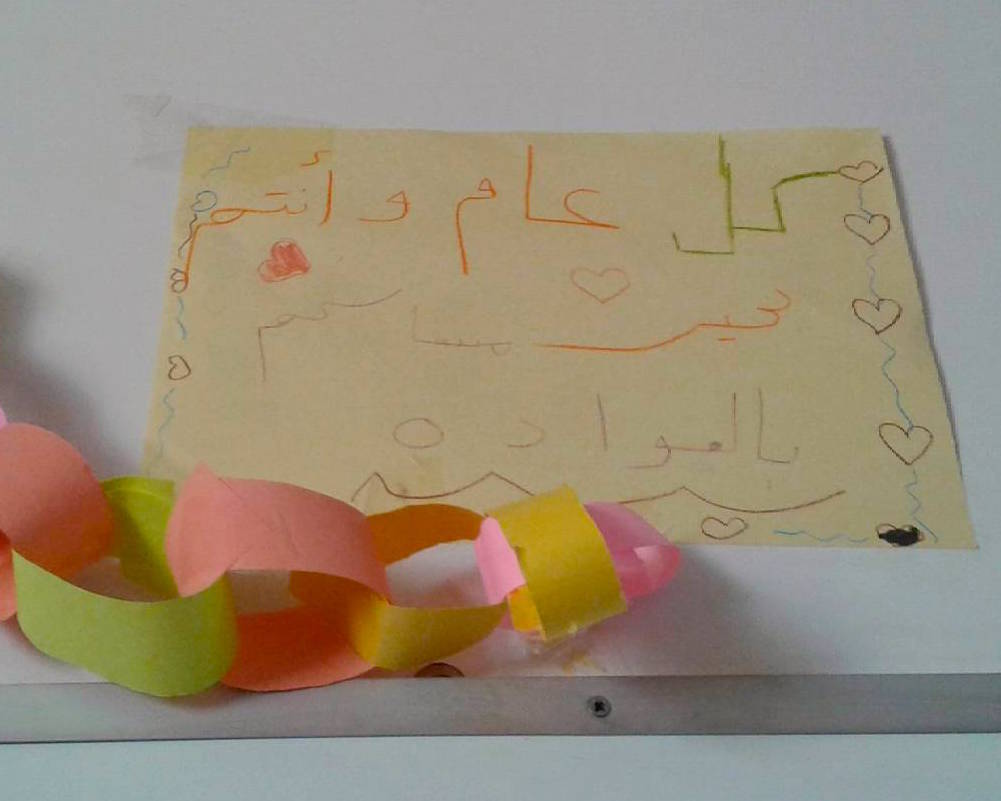
In March 2014, I attended the initial conference for the Forum for Promoting Peace in Muslim Societies, headed by Mauritanian-born Shaykh Abdallah bin Bayyah, who President Obama quoted last year in remarks to the UN: “We must declare war on war,” the shaykh said, “so the outcome will be peace upon peace.” Bin Bayyah’s conference last year brought together 250 Muslim scholars from around the world, including the Pakistani jurist, Taqi Usmani, who in my estimation, delivered the most pressing critique of the state of discourse among many Muslim scholars. At the conference, Usmani spoke passionately against the idea that Islam demands blind obedience to the ruler. He cited the prophetic tradition: “There is no obedience when it is in disobedience to God.” He urged the audience to deal with reality and take the demands and concerns of the youth in the streets regarding social justice and accountability seriously. The ongoing crisis in Syria is one such concern.
With massive destruction and wanton calls to violence by the likes of ISIS and the state’s appropriation of religious voices and crushing of dissent, some voices of conscience must rise against this violence. Mine included. The Prophet Muhammad spoke of the greatest jihad as speaking truth in the face of unjust authority. The legal and spiritual master, al-Ghazali, in the 5th/11th century, lamented the state of scholars in his time who were not courageous enough to speak out in the face of oppressive rulers, tracing this to their love of material benefits. UCLA law professor Khaled Abou El Fadel writes today of the “need to reclaim and restate our Islamic tradition so that it can no longer harbor despots and tyrants and conveniently be used to rubber-stamp political opportunism and unprincipled and unjust functional interests.” Those who enjoy the benefits of freedom of thought and speech must contribute to thinking through the fog of the current disaster and recurring violence around the globe.
If not for purely humanitarian reasons (if there is such a thing), those of us concerned about peace, stability, and simply reducing violence around the globe, must be active in helping those who have experienced the trauma of war. With its meager resources, the Refugee Smile project aims to serve 1500 patients a month. The small Salamat school that hosts them serves 2000 students, way beyond its capacity. On August 5th, Salamat graduated their first high school class, with one of the Syrian refugee girls scoring 97 percent on the Turkish national exam. Where she will go for college remains up in the air.
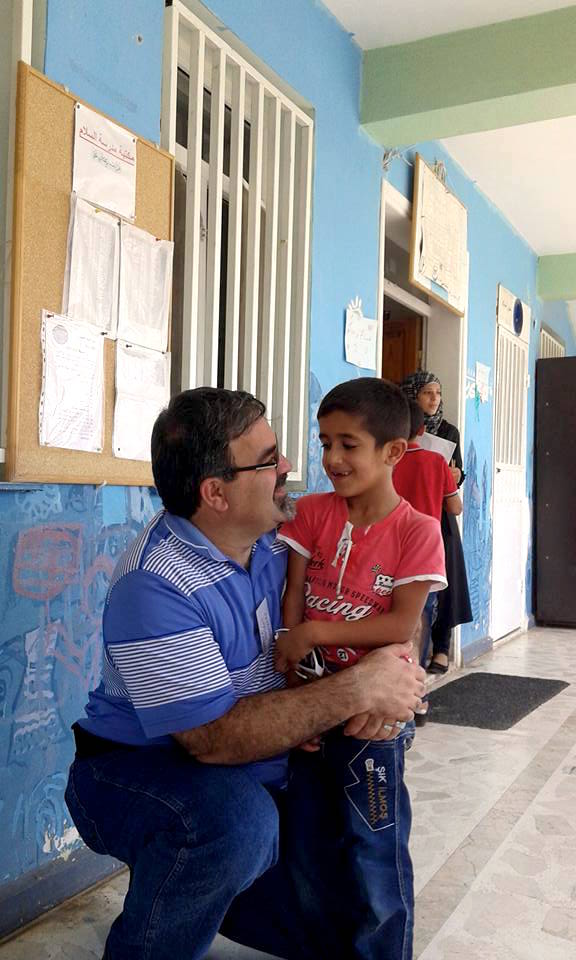
Photo courtesy of Ebadur Rahman.
After the weekend I returned to Istanbul and my language course at Sabanci University, which fulfills a requirement of my doctoral program in religion at Columbia University. And while I had, of course, followed news of the UNC shootings as reports came out—and even argued with classmates about why the crimes so affected me and, I imagined, other Muslim Americans, who could see ourselves in the three victims—it was only once I returned to Istanbul that I watched the press conference the Barakat family gave the day after the shootings. I couldn’t stop crying.
Back in Istanbul, I also turned to social media and experienced the eeriness of going through Deah’s tweets or scrolling his Facebook page. I found a YouTube video of him encouraging us to donate to Refugee Smiles. This all struck me then—as it does now—as heart wrenchingly incredible. Throughout the trip, the resilience of the Barakat family, the hugs Deah’s father Namee gave to refugee children, and the dignity he carried, amazed me again and again.
Through all the tragedy I’ve witnessed this summer, I remain hopeful. Islam calls me to. I have witnessed a real impact from dental and medical relief provided by Refugee Smiles. The Salamat school has done impressive work, and I remain optimistic about other efforts to promote primary and secondary education among the refugees, including one currently being spearheaded by former UK Prime Minister Gordon Brown and NYU President John Sexton, who will end his 14-year run this January. I pray, too, that these young people I have met can find ways to educate themselves and find religious voices that speak meaningfully and justly for them. Those like the Bakarats and their friends, who have faced down the violence of a gun enthusiast with direct action on behalf of the world’s neediest. Those like Abdallah bin Bayyah, organizing for peace, or Taqi Usmani whose pressing critique I cited earlier or my teacher Imam Zaid Shakir. Without that, will it be any surprise if extremists are able to tap into calls for vengeance, to reach a little boy who wants a gun?
